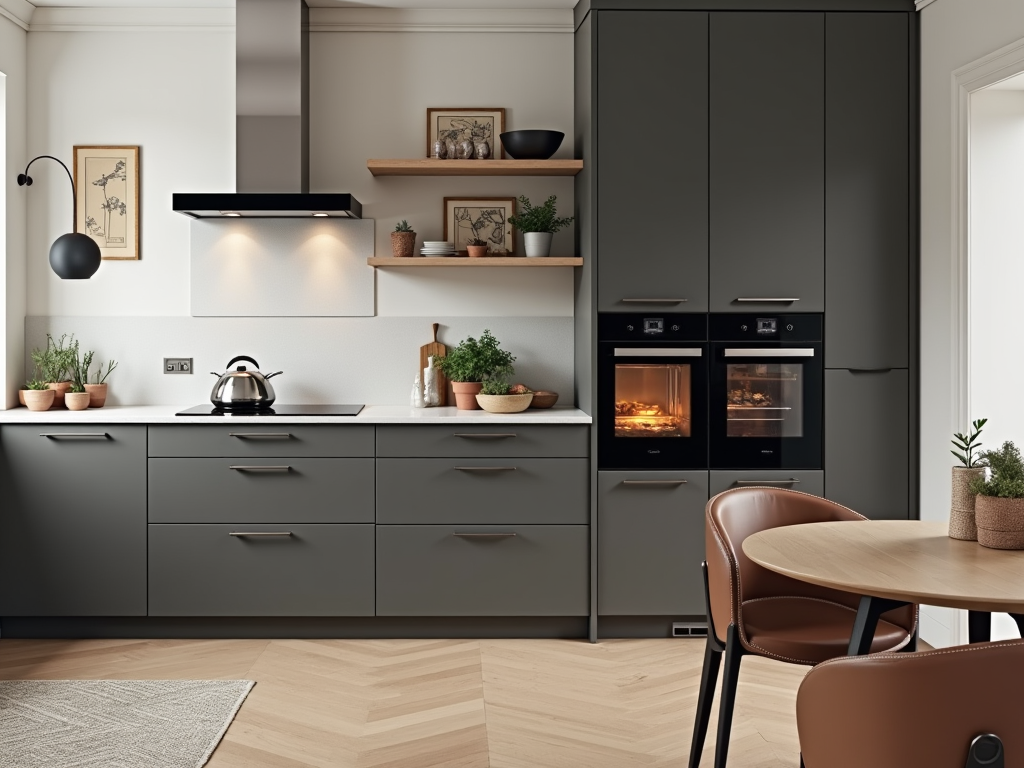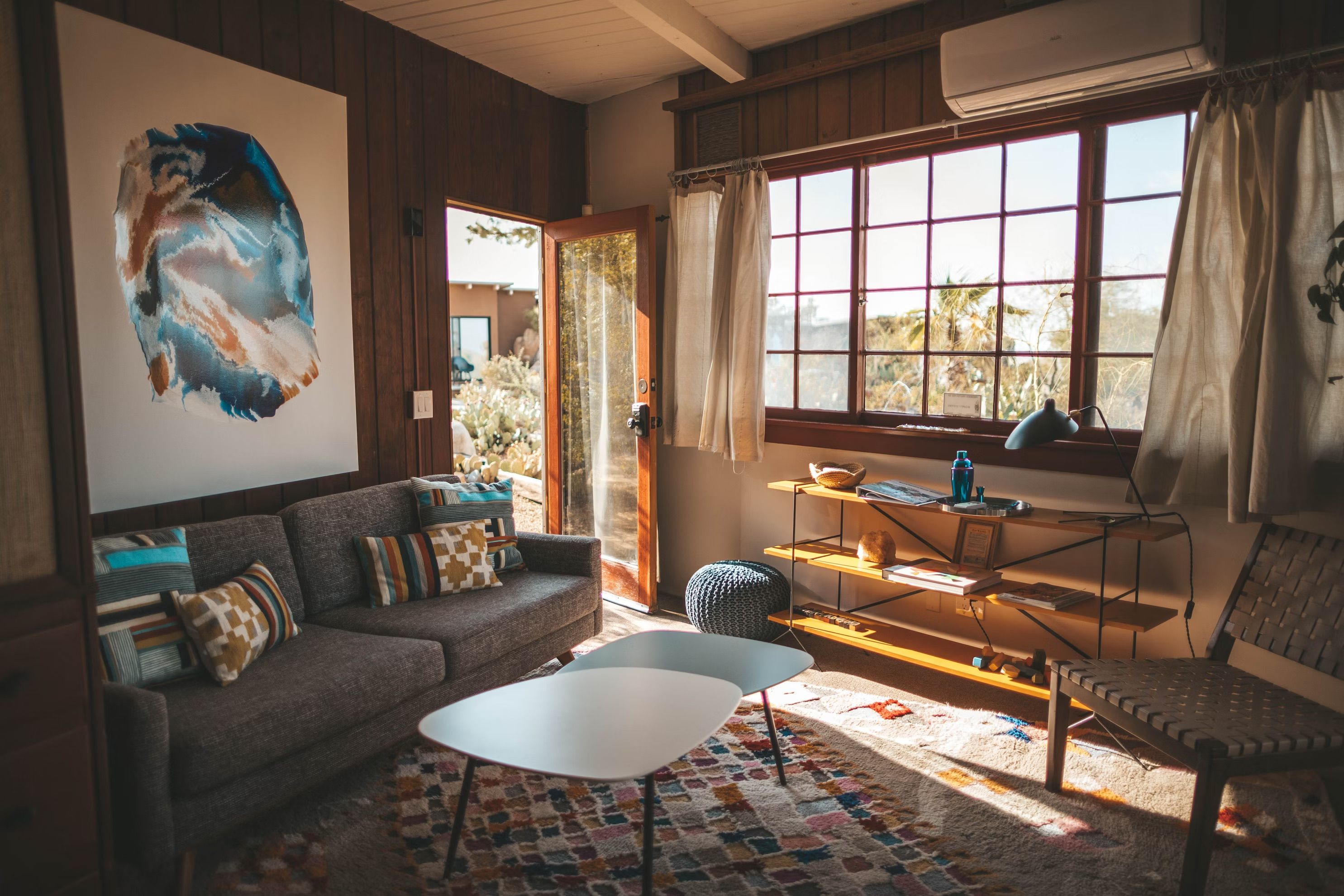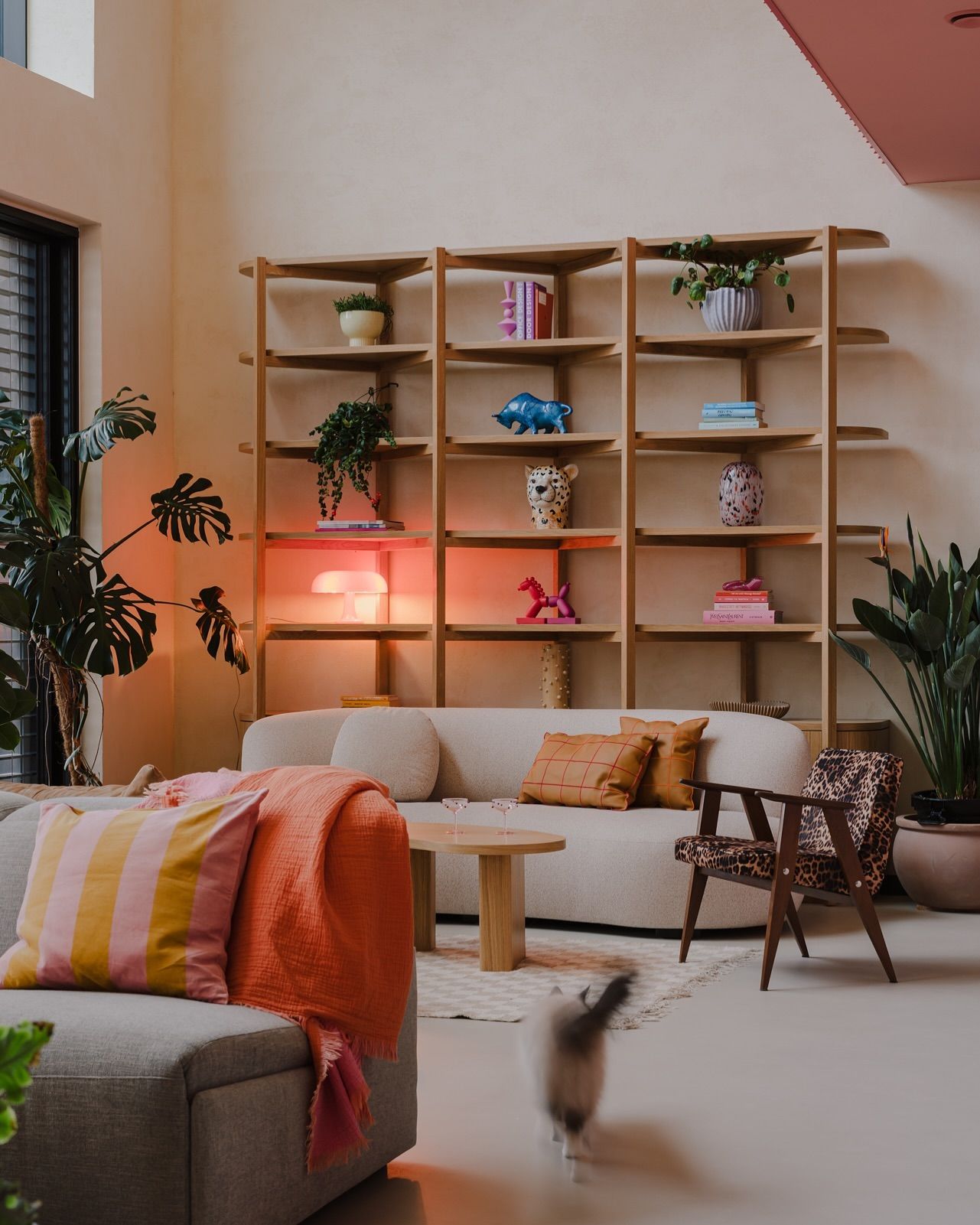Quick facts
Can't find the answer you're looking for? Please get in touch with our friendly team.
Should a wall oven be hardwired?
Yes, a wall oven should typically be hardwired for safety and compliance with electrical codes. Hardwiring ensures a secure connection and prevents issues like overheating. Always consult a professional electrician for installation to ensure it meets local regulations.
What is the life expectancy of a wall oven?
The average life expectancy of a wall oven is about 13 to 15 years. Factors such as usage frequency, maintenance, and brand quality can influence this lifespan. Regular cleaning and proper care can help extend the life of your wall oven.
Can you put a wall oven in a wall?
Yes, you can install a wall oven in a wall. It is designed to fit into a designated space in your kitchen cabinetry. Ensure the wall is strong enough to support the oven and follow the manufacturer's installation guidelines for proper ventilation and electrical connections.
Does a wall oven need a vent?
A wall oven typically does not require a vent if it is self-contained and designed for proper airflow. However, if it produces excessive heat or smoke, a vent may be beneficial to improve air quality and prevent overheating in the kitchen.
What is the best wall mounted oven?
The best wall mounted oven varies by needs, but popular options include the Bosch 800 Series for its sleek design and reliability, and the KitchenAid 30-Inch Convection Wall Oven for its even cooking. Consider features like size, style, and functionality to find the perfect fit for your kitchen.
What brand makes the best wall oven?
Brands like Bosch, KitchenAid, and Whirlpool are often recommended for their reliability and performance. Bosch is known for its sleek design and efficiency, while KitchenAid offers excellent features for baking. Whirlpool balances quality with affordability, making it a popular choice among homeowners.
What is the disadvantage of a wall oven?
One disadvantage of a wall oven is that it can be more expensive than traditional range ovens. Additionally, wall ovens may require more installation space and can be less convenient for cooking large meals, as you need to bend down to access the lower racks.
Category Overview
Introduction
Wall ovens are more than just appliances; they serve as a cornerstone of modern kitchens, combining utility with elegance. Their streamlined design and built-in installation create a sleek appearance that enhances your home’s aesthetic while providing exceptional cooking capabilities. Whether you’re baking a family recipe or preparing for a festive gathering, wall ovens facilitate comfort and convenience in your culinary endeavors, making daily cooking not just a task but an enjoyable part of your life.
Functionality
The primary function of wall ovens is to cook food efficiently and evenly, offering various cooking methods such as baking, broiling, and roasting. Typically installed at eye level, they eliminate the need to bend down, enhancing accessibility in the kitchen. Wall ovens can seamlessly fit in line with other kitchen elements and are often used alongside stovetops for an all-in-one cooking experience. Some models come equipped with innovative features like convection settings for faster baking or self-cleaning modes that minimize maintenance chores.
Design & Style
Wall ovens come in a variety of styles and materials to match any kitchen theme—be it contemporary stainless steel finishes, classic black, or even custom panel-ready options that blend into cabinetry. Common styles include sleek minimalist designs ideal for modern spaces and traditional models featuring decorative elements for farmhouse aesthetics. Personalization is key: choose from various configurations (single or double) and handle styles to complement your decor—think about pairing them with other appliances like stylish refrigerators or versatile cooktops to achieve a cohesive look.
Practical Considerations
When selecting the right wall oven for your home, consider factors such as kitchen space, user needs (for instance, if you often host gatherings requiring larger capacity), and preferred features like smart technology integrations or energy efficiency ratings. Additionally, be mindful of common mistakes like overlooking ventilation requirements or choosing an oven that’s too large for your existing cabinetry setup. Investing time into understanding these aspects ensures you maximize both functionality and style.
Comparison and Alternatives
Different materials provide distinct benefits: stainless steel offers durability and resistance to stains while porcelain enamel makes cleaning easier but may require more care against scratches. In terms of design shapes, round ovens can fit snugly in corners if space is tight; rectangular ones often provide more cooking surface area but need more linear space on the wall. Choose based on room size—if you have a compact kitchen plan for functionality without compromising on style.
Trends and Popular Items
Current trends highlight smart wall ovens that connect with home networks allowing remote adjustments via mobile apps—a perfect fit for tech-savvy cooks looking to streamline their routines. Moreover, minimalist designs featuring touch controls are gaining popularity among homeowners favoring sleek lines over bulky knobs—a nod toward modernity while elevating usability in cooking spaces. Features like air frying capabilities also add versatility to these essential kitchen staples, ensuring they remain relevant amid evolving culinary expectations. In summary, wall ovens stand out due to their blend of practicality and stylish integration within the home environment—bringing effortless elegance into everyday cooking experiences while catering to diverse lifestyles.


